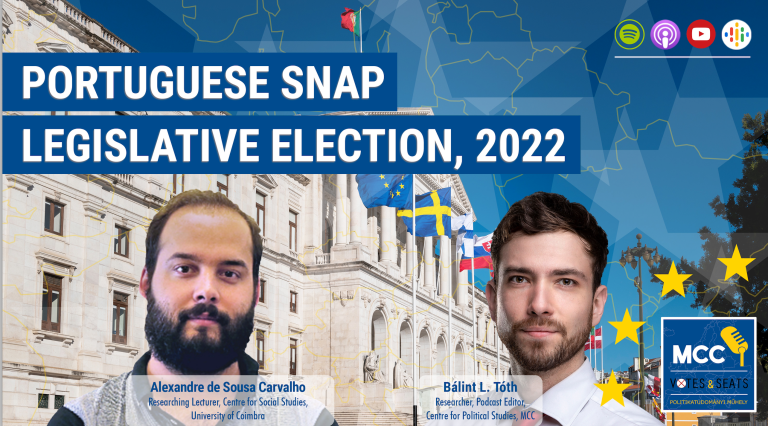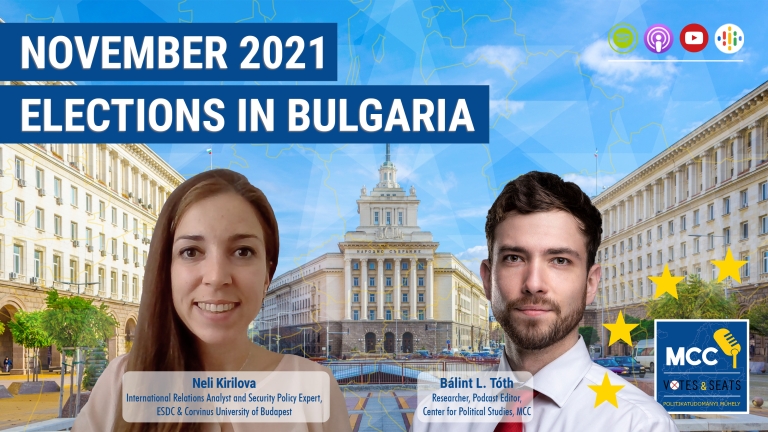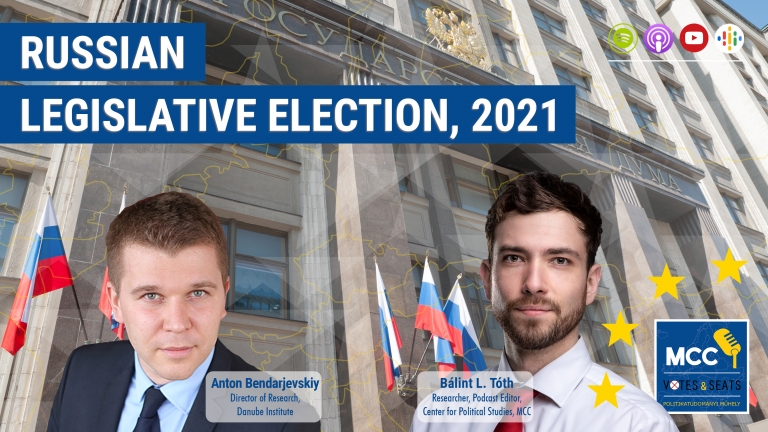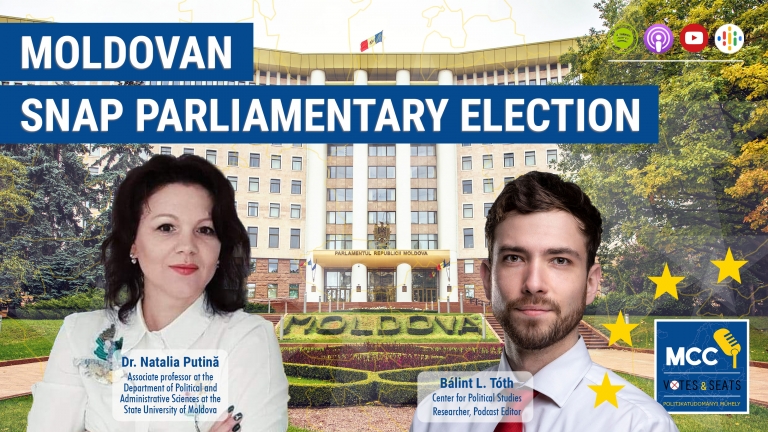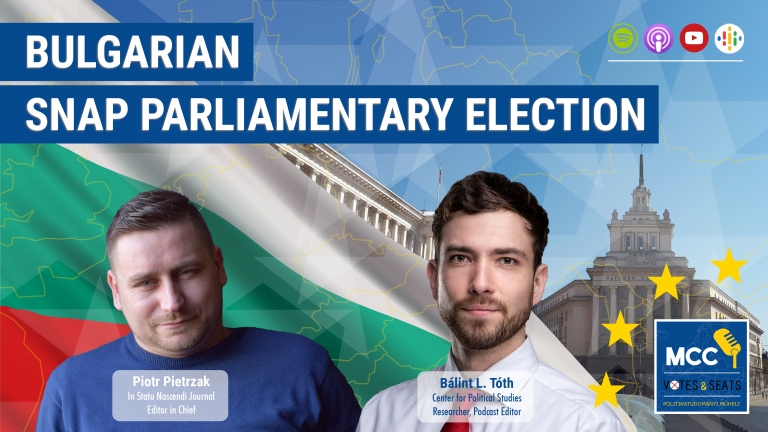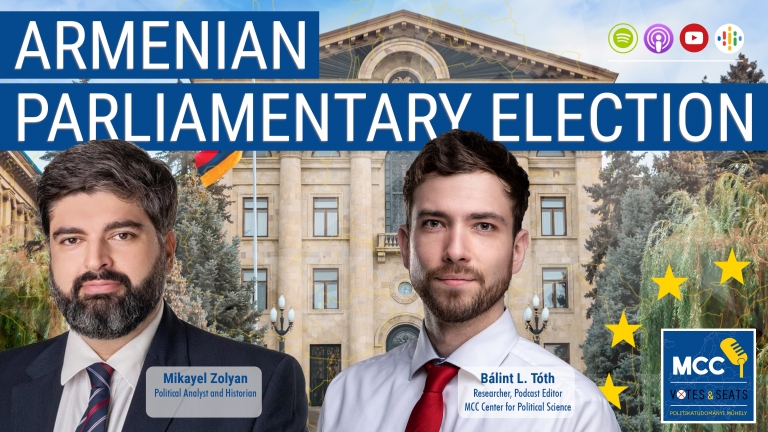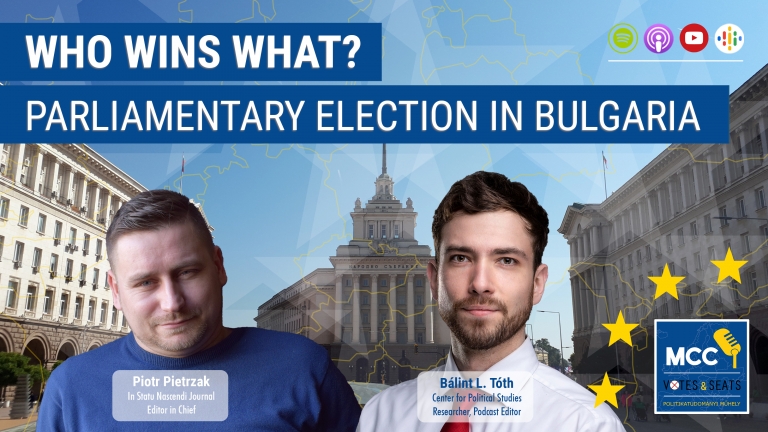He completed his BA, MA, and doctoral studies in international relations at Corvinus University of Budapest (CUB). He obtained his qualification as a professional Italian-Hungarian translator through training provided by the Italian Chamber of Commerce in Budapest. As a PhD candidate, he taught courses on World Economics and European Economic Governance at CUB and served as an editorial board member for the academic journal In Statu Nascendi. He publishes academic papers in English and Hungarian on topics such as international transport development, European integration, and the institutionalization of regional cooperation. Before and alongside his academic career, he worked as a corporate intelligence analyst for the financial consulting company KPMG Global Services, serving as the head of the Latin America cluster. He later worked as an international relations expert at MÁV Hungarian State Railways. As a researcher at the MCC Center for Political Science, he focuses primarily on analyzing public policy coordination among the Visegrad Four and the EU integration process of Western Balkan countries, with a particular emphasis on transport cooperation and regional integration.

Bálint László Tóth, PhD
Researcher
E-mail: Show Email
Scientific (PhD) degrees
Corvinus University of Budapest - International Relations Multidisciplinary Doctoral School - 2021 - PhD, absolutory (pre-degree)
Degrees in higher education
Corvinus University of Budapest - International Relations MA - 2015
Corvinus University of Budapest - International Relations BA - 2013
Further accredited trainings/courses
Studio Italia & Camera di Commercio Italianaper l'Ungheria - Certified translator (Italian–Hungarian) - 2014
Gábor Baross Training Center (BGOK) - Railway operation and management - 2019
Teaching experience
Corvinus University of Budapest - Institute of World Economy - Bursar Lecturer - 2018-2021
Previous affiliations
MÁV Hungarian State Railways - International Relations Expert - 2017-2021
KPMG Global Services Hungary - Corporate Intelligence Senior Reviewer (Cluster Leader) - 2016-2017
KPMG Global Services Hungary - Business & Corporate Risk Assessment Analyst - 2015-2016
In Statu Nascendi – Political Philosophy and International Relations - Member of the Board of Editors and Advisors - 2020-2022
Research projects
2017/2018: The future of Central Europe (Visions of Visegrad railway policies) - EFOP-3.6.3-VEKOP-16-2017-00007 - Corvinus University of Budapest - Researcher and Lecturer - 2018-2021
Scholarships/grants
Corvinus University of Budapest - EFOP-3.6.3-VEKOP-16-2017-00007 - Activities supporting the career of a researcher in higher education - 2018-2021
Corvinus University of Budapest - Pallas Athene Domus Educationis Foundation Performance-Based Doctoral Scholarship - 2018-2019
Spoken languages
English - C2
Italian - C2
Spanish - C2
Research topics
Central East European Railway Policies
Central East European Transport Policies
Regional Integration within the European Union (political spillovers)
Geopolitics in Southeast Europe
Memberships
In Statu Nascendi – Political Philosophy and International Relations - Member of the Board of Editors and Advisors - 2020-2022
Brainstorm meeting on Southeast Europe
Interactive public policy discussions on current social/infrastructural/economic decision-making processes in the Balkan countriesNews for Dinner
Hol élsz Te?
Future of Transport Development in the Carpathian Basin
During the course, the participants get to know the major directions and strategies of transport development in Hungary and the neighboring countries. After mastering the necessary background knowledge in the topic of freight and passenger services (transportation, logistics, transport policy), the discussion is on the alternative future development visions, with an international outlook.Brainstorm meeting on Central East Europe
Interactive public policy discussions on current social/infrastructural/economic decision-making processes in CEE countriesWalking Course: Social geography of Budapest
The aim of the course is to identify, interpret, and analyze the differences in development within the Hungarian capital city’s various districts. Emblematic transport hubs, stations, and intersections help us understand the history and the practical problems of urbanization, with special regards to the intertwining of socio-economic and infrastructural factors.Featured publications
The Visegrád Group and the railway development interest articulation in Central Eastern Europe
Bálint L. TÓTH (2019), EASTERN JOURNAL OF EUROPEAN STUDIES
This paper advances thinking on the catalysts of V4 railway policy making by offering an overview of the nature and directions of spillovers triggering Visegrád railway projects. By citing real-life examples of V4 railway cooperation supporting the neofunctionalist or the liberal intergovernmentalist theoretical frameworks, the paper contributes to the better understanding of the spillover phenomena in Central Eastern Europe, while seeking answers on how international railway policies shape the Visegrád Cooperation’s transport strategies. The paper concludes that in Visegrád countries, spillovers are primarily driven by governmental actions that serve as mediators of market, civil society, and financial needs. However, spillovers would hardly take place without the EU’s legal-institutional framework.
Railway Development in Light of Market Needs: A SWOT Analysis of the Rail Transport Markets in the Visegrád Four Countries
Bálint L. TÓTH (2020), International Journal of Business and Economic Sciences Applied Research
This paper provides a comparative analysis of the Czech, the Hungarian, the Polish and the Slovak railway development strategies in light of the evolution of transport needs, travel habits, freight volumes, and regional business relations. By offering a general SWOT analysis through real-life examples, the paper contribute to the better understanding of railway development trends in the Visegrád states. V4 railway integration is in major part powered by the EU’s development funds and regulation. However, the efficiency of train services ranks below the communitarian medium level in most of the V4 states. Therefore, if Visegrád countries wish to close up with their western neighbors, the frequency, the speed, and the quality of train services must improve.
Spillover-effects in International Railway Cooperation
Bálint L. TÓTH (2021), IN STATU NASCENDI: JOURNAL OF POLITICAL PHILOSPHY AND INTERNATIONAL RELATIONS
In recent decades, railway co-operation became an important element in the Visegrád Four countries’ regional integration. V4 presidency programs, annual reports, communiqués, and strategy papers help keep track of the evolution of such endeavours. Keyword searches of official V4 documents (dated from 2000 to 2020) demonstrates that the emergence of railway-related terms coincides with that of the expressions connected to the EU’s mobility development tools. The specialised funds of the EU’s MMFs are crucial for the (re)construction of railway connections between Visegrád countries. The number of cross-border railway construction projects in the region increased in tandem with the expansion of EU financing mechanisms. Such integration might result from spillovers of multilateral high-level decision-making forums. Politics level decision-making is, therefore, crucial for the spilling over of a particular intergovernmental partnership into other fields.
HSR Projects in V4 Countries: EU-driven spillovers of Central East European transport development initiatives
Bálint L. TÓTH (2020), IN STATU NASCENDI: JOURNAL OF POLITICAL PHILOSPHY AND INTERNATIONAL RELATIONS
EU investment initiatives strengthened trade and economic connections within the V4 region. Such projects spilled into the demand for constructing denser, safer, and more reliable rail services. However, as opposed to core EU states, spillovers in Visegrád countries are primarily driven by ad hoc governmental efforts, whereas the automaticity of non-governmental spillover directions is less observable in this case. The research suggests that practical integration in V4 countries generally involves high-level decision making. Spillovers of government and EU decisions are key factors in understanding the nature of interstate regional cooperative endeavors. This paper advances thinking on the catalysts of V4 policy making by offering an overview on the nature and directions of spillovers triggering Visegrád high-speed railway projects.
Visegrád: A Tool Supporting the Implementation of the EU’s Connectivity & Interoperability Strategies in Central East Europe
Bálint L. TÓTH (2018), FOREIGN POLICY REVIEW
On account of their central geographical position, Visegrád States have numerous geopolitical, strategic, economic, social, and historical features in common that provide a solid platform for a joint transport planning. The co-ordinated improvement of transport axes may contribute to the economic performance of Visegrád states. Budapest, Bratislava, Prague, and Warsaw help each other adopt the European Union’s railway traffic standards and legislation. The Visegrád Cooperation provides an optimal forum to agree upon joint lobbying positions before new railway regulations are approved by specified EU bodies or organizations. Consequently, the Visegrád Forum may also be seen as a tool for the endorsement of railway development interests complementing these Four States’ endeavors in specialized EU bodies.
Featured research
Featured corvinas
Martin Rontó
MCC Center for Political Science
The role of the High Representative in the democratization of Bosnia and Herzegovina
András Ferenczy
MCC Fellowship scholarship
Urban development of Karlsruhe
Ádám Hardi
School of Social Science and History
Finance and Accounting
Máté Kutrovics
School of Social Science and History
Political and Legal Sciences
Botond Fórizs
School of Social Science and History
Political and Legal Sciences
Anna Bárdos
School of Social Science and History
International Relations & European Studies
